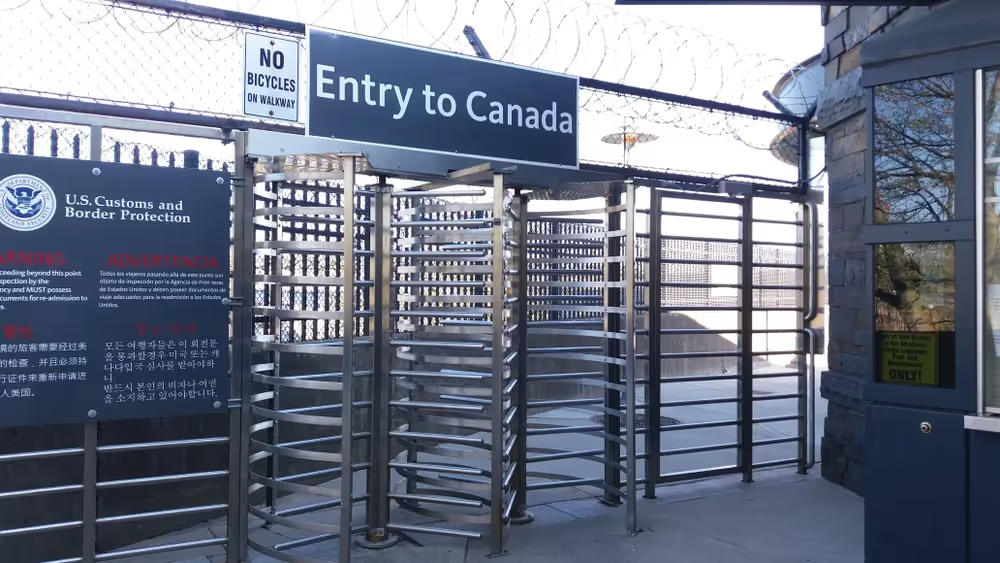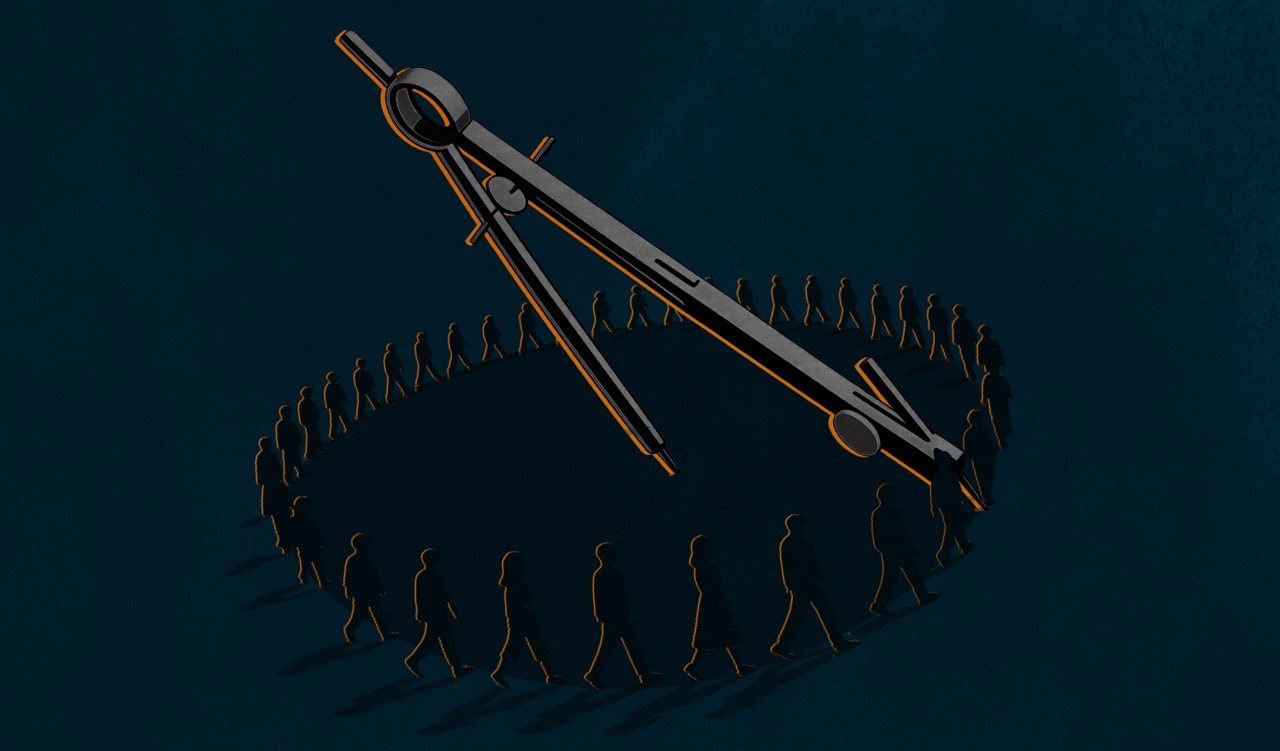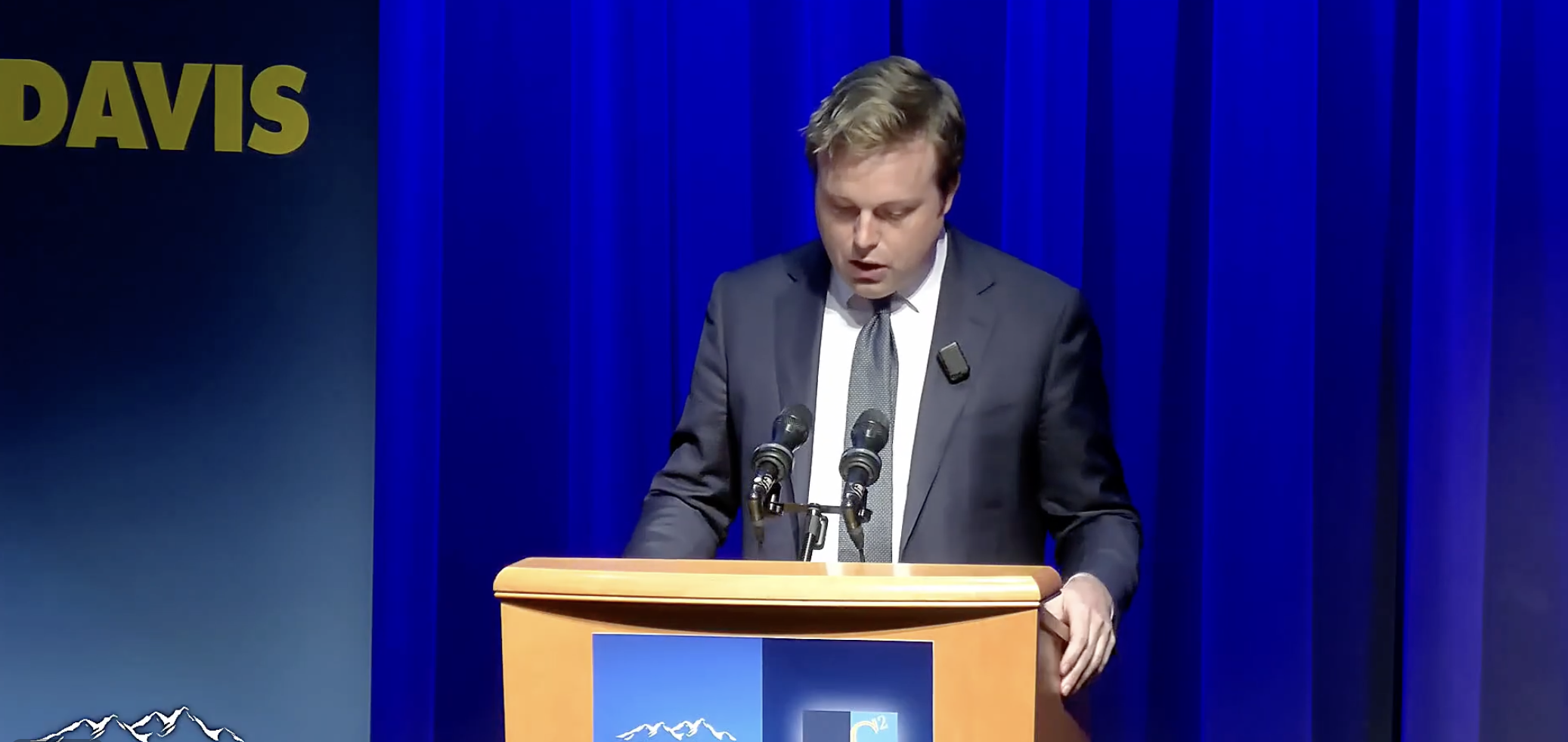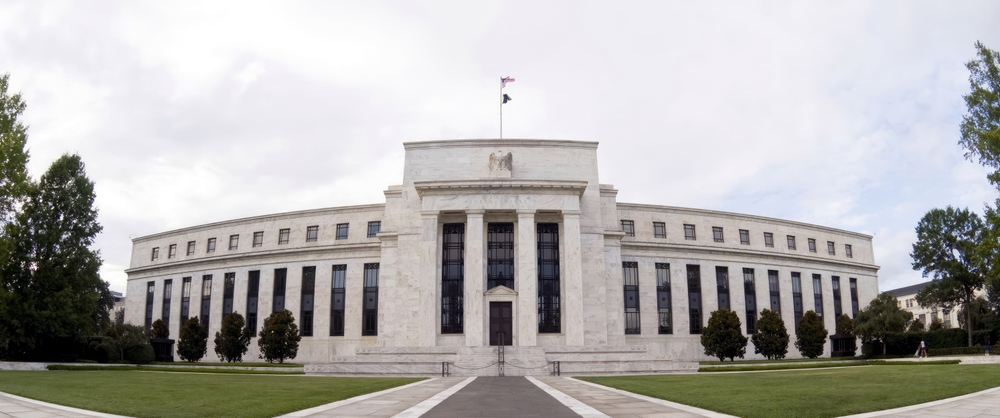
Strengthening the U.S.-Canada Alliance
A serious rethinking of energy, trade, immigration, and security in the U.S.-Canada relationship could strengthen it and make Canadians and Americans more prosperous and safer.
Canada's relationship with the U.S. is under the national microscope for the first time in decades following renewed trade negotiations and tariffs. This is a useful moment to discuss how we should consider U.S.-Canada relations and improve economic integration.
Energy is a substantial part of the U.S.-Canada relationship, with Canada sending several million barrels to the U.S. each day. Many Canadians will be grateful that President Biden is leaving office. On his first day in office, Joe Biden canceled the Keystone XL pipeline. A President Trump will no doubt be more friendly to Canadian energy exports from a regulatory perspective. Reporting suggests that President Trump seeks to revive the U.S.-Canada pipeline project early in his administration.
Canada and the U.S. could use a better framework to resolve trade disputes. Softwood lumber has been a major trade dispute between the U.S. and Canada for decades. In short, the Canadian federal and provincial government owns and subsidizes much of the Canadian lumber industry and sets prices below the competitive prices set in the U.S. In response, the U.S. government has put tariffs on Canadian softwood lumber. The Biden Administration most recently in 2024 raised US tariff rates on imported Canadian softwood lumber products from 8.05% to 14.54%. Canada also subsidizes dairy along with other agricultural projects (in what is often called "supply management"). It remains a non-starter in some areas of Canadian politics. During the 2017 Canadian conservative leadership race, underdog Andrew Scheer bested Maxime Bernier over split support for such dairy farmer subsidies. Such trade disputes could be better resolved with a renewed approach to trade.
Regarding immigrant policy, there is ample opportunity. Border security could also use further improvements. Until March 25, 2023, Roxham Road remained for many decades a controversial open border crossing between the United States and Canada that was known for illegal border crossings (in 2023, the Biden administration and Justin Trudeau agreed to close it permanently). On the legal immigration side, legally migrating from Canada to the US is almost as difficult as immigrating from any other country. The TN visa is a nonimmigrant visa created through NAFTA that allows citizens of Canada and Mexico to work in the US for professional jobs. TN visas are similar to H-1B visas but don't have a yearly cap limit. However, the TN visa has more restrictions on which occupations can use it than H-1B visas. Expanding TN visas to more occupations would allow more skilled Canadians to more easily work in the U.S., enhancing America's productive capacity.
On foreign policy and defense front, many areas remain in need for improvements in the U.S.-Canada relationship. Canada and the U.S. have longstanding existing defense cooperation in the North American Aerospace Defense Command (NORAD), which is staffed by both American and Canadian military officers, that began in 1958. Canada should spend more on defense to live up to its two percent of GDP NATO commitment. Many progressive Canadians scold Americans for lacking single-payer healthcare and heavily subsidized post-secondary education while free-riding on American defense subsidies. How do we improve Arctic defense from Russia and China, who are on Canada's doorstep? Canada and America jointly entering a better security agreement with Greenland could help shore up Arctic security and secure critical northern minerals deposits.
On the intelligence front, Canada could do a better job of investigating malicious Communist Party of China influence in Canadian politics. During the Justin Trudeau years, there has been a lax approach to fighting the operation of CCP police stations in Canada and CCP interference in Canadian elections, including making campaign contributions to Justin Trudeau's Liberal Party and his family foundation. Intelligence sharing relationships could be improved as relations between the countries with the five eyes intelligence agencies (U.S., Canada, U.K., Australia, and New Zealand) have come under strain. Canada now has Mark Carney of the Liberal Party as its new prime minister. Americans should rejoice from a security perspective that Canada may soon get a conservative prime minister in Pierre Poilievre, who has long been critical of Trudeau's softness on the Communist Party of China.
Poilievre would also continue the great legacy of past Canadian conservative prime ministers like Brian Mulroney and Stephen Harper, who, unlike past Liberal Party prime ministers, put the U.S.-Canada relationship at the center of Canada's foreign policy.
A monetary or fiscal union between the U.S. and Canada is not likely. Twenty-five years ago, around the time of the euro's creation, many Canadians discussed joining the U.S. dollar in a monetary union without a fiscal union, something that might look silly now given the challenges with the euro during the 2010s that emerged in having a monetary union without a fiscal union.
However, a serious rethinking of energy, trade, immigration, and security in the U.S.-Canada relationship could strengthen it and make Canadians and Americans more prosperous and safer.
Jonathan Hartley is a research fellow at the Civitas Institute, a senior fellow at the Foundation for Research on Equal Opportunity, a senior fellow at the Macdonald-Laurier Institute, and podcast host of Capitalism and Freedom in the 21st Century at the Hoover Institution.
Economic Dynamism
.jpg)
Do Dynamic Societies Leave Workers Behind Culturally?
Technological change is undoubtedly raising profound metaphysical questions, and thinking clearly about them may be more consequential than ever.

The War on Disruption
The only way we can challenge stagnation is by attacking the underlying narratives. What today’s societies need is a celebration of messiness.

Unlocking Public Value: A Proposal for AI Opportunity Zones
Governments often regulate AI’s risks without measuring its rewards—AI Opportunity Zones would flip the script by granting public institutions open access to advanced systems in exchange for transparent, real-world testing that proves their value on society’s toughest challenges.

Downtowns are dying, but we know how to save them
Even those who yearn to visit or live in a walkable, dense neighborhood are not going to flock to a place surrounded by a grim urban dystopia.

The Start-Up Paradox: The Coming Red Shift in Innovation
Despite London's success, the future of innovation is securely in American hands for the foreseeable future.

Oren Cass's Bad Timing
Cass’s critique misses the most telling point about today’s economy: U.S. companies are on top because they consistently outcompete their global rivals.





.jpeg)




.jpg)




